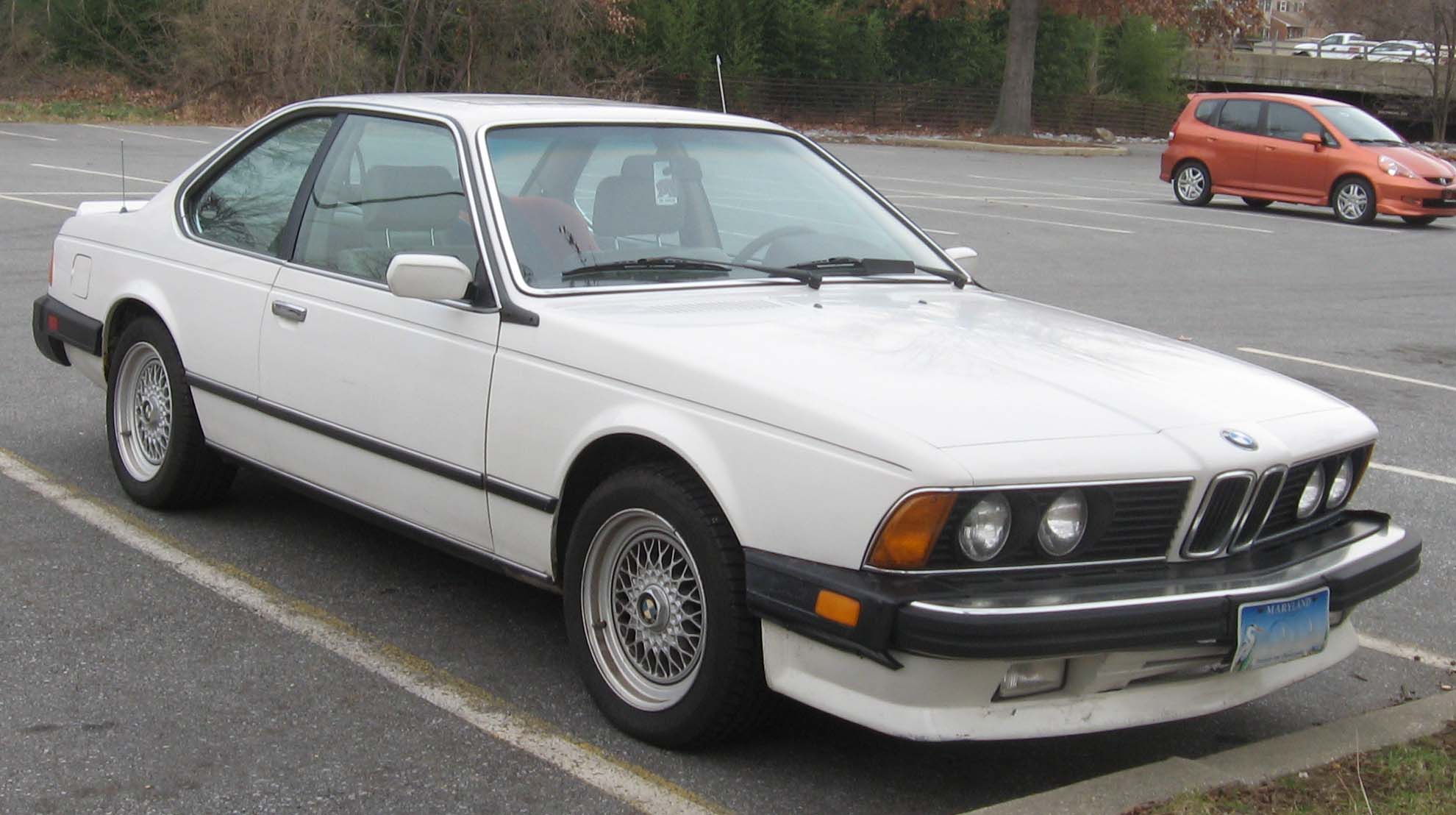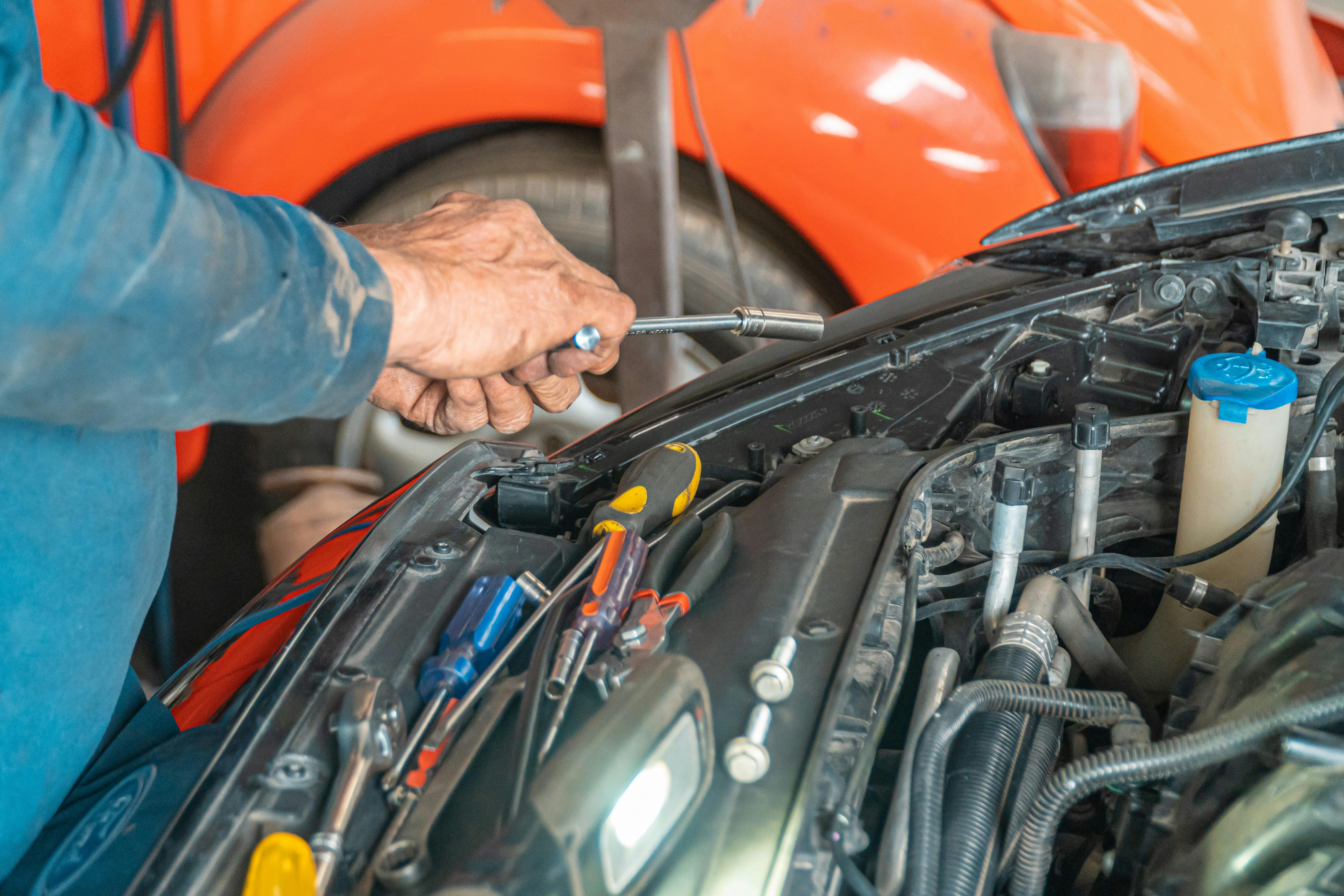
Car depreciation is more than just a buzzword; it’s a critical factor that can significantly affect your finances when you buy a vehicle, making understanding it essential for smart purchasing decisions. In simple terms, depreciation is the decline in a car’s value over time, but some vehicles are notorious for losing value much faster than others, which can be a costly risk if you ever wish to resell or trade-in your vehicle later. This trend is especially common with certain categories of cars, such as electric vehicles, luxury brands, and hybrids, which can leave buyers at a financial disadvantage.

1. **Nissan Leaf (First-Generation) – 72%**: The first-generation Nissan Leaf stands as a stark example of rapid depreciation, losing a whopping 72% of its value after five years. The primary reason for this steep decline is the swift evolution of electric vehicle technology, making the Leaf seem obsolete as newer, longer-range models entered the market. Once a groundbreaking vehicle, it now struggles to maintain its value due to these advancements.

2. **Chevrolet Volt – 71.1%**: Hot on the heels of depreciation is the Chevrolet Volt, boasting a staggering 71.1% drop in value. When it first hit the market, the Volt was celebrated for its cutting-edge features and impressive 300-mile range, but as other manufacturers launched more sophisticated plug-in hybrids, the Volt’s appeal has diminished, causing its resale value to take a significant hit.

3. **BMW 7 Series – 71.2%**: If luxury is your game, you might want to reconsider choosing the BMW 7 Series. With a depreciation rate nearing 71.2%, this luxury sedan loses its value at an alarming pace. While it’s packed with premium features and embodies driving excellence, its rapid loss of value makes it less appealing for those concerned about return on investment.

4. **Mercedes-Benz S Class – 69.9%**: The Mercedes-Benz S-Class, especially models from 2006 to 2013, highlights the challenges that can come with owning a luxury vehicle. While it offers an unmatched experience of luxury and performance, the S-Class has been subject to a 69.9% depreciation rate, meaning buyers can now acquire this prestigious model for a fraction of its original price—although it’s important to consider the potentially high maintenance costs that can accompany luxury ownership.
5. **Ford Fusion Energi – 69.4%**: The Ford Fusion Energi, another plug-in hybrid, is not immune to the negative effects of depreciation. With a value drop of 69.4%, this model has faced stiff competition, particularly from EVs offering longer ranges. Its appeal may be fading, leading to concerns about its future resale value.

6. **BMW 6-Series – 68.3%**: The BMW 6-Series has experienced a depreciation of 68.3%. Once celebrated for its sporty aesthetics and performance, the latest iterations have not captured the market’s attention as expected. The more complex engineering and maintenance needs may also contribute to its decline in value over time.

7. **BMW 5-Series – 67.3%**: The BMW 5-Series is another luxury contender that has suffered a substantial depreciation of 67.3%. While it’s a fantastic choice for car enthusiasts, the influx of newer models and the availability of many used units have driven its value down at a much quicker pace than anticipated.

8. **Mercedes-Benz E-Class – 67.2%**: The final vehicle on our list is the Mercedes-Benz E-Class, which closely follows the 5-Series with a depreciation of 67.2%. Much like its counterparts, the E-Class is a desirable luxury sedan, yet it suffers from over-saturation in the market, leading to lower resale values.

9. **Chevrolet Malibu – 66.4%**: The Chevrolet Malibu, a midsize sedan, has faced considerable depreciation with a 66.4% drop in value over five years. This decline is attributed to a market shift towards SUVs and compact cars, leaving sedans like the Malibu struggling to maintain their appeal. As more consumers prefer the versatility and perceived safety of larger vehicles, the Malibu’s resale value has suffered significantly.

10. **Ford C-Max – 65.8%**: The Ford C-Max, a hybrid vehicle, has struggled in the resale market with a depreciation rate of 65.8%. Although it boasts energy efficiency and a compact design, the C-Max has lost its appeal due to stiff competition from newer hybrids and electric vehicles, leading to a continuous decline in market value as better options emerge.

11. **Chrysler 300 – 64.4%**: Known for its striking design and roomy interior, the Chrysler 300 has seen a sharp depreciation of 64.4%. Once a favorite among full-size sedans, the shift in consumer preferences towards SUVs and crossovers has hurt its appeal in the market, resulting in a significant drop in resale values.

12. **Hyundai Sonata – 63.1%**: The Hyundai Sonata, a popular midsize sedan, has seen a depreciation rate of 63.1%. Although it offers a lot of features for the price, the Sonata’s value has been hampered by a saturated market and the rising demand for SUVs. As buyers shift their priorities, the Sonata finds itself struggling to retain its worth.

13. **Buick LaCrosse – 62.5%**: The Buick LaCrosse has also experienced severe depreciation, losing 62.5% of its worth. As a full-size sedan, it used to entice buyers with its comfort and luxury features, but dwindling interest in sedans has severely affected its popularity, leading to a dramatic drop in resale value.

14. **Acura RLX – 61.9%**: The Acura RLX, a luxury sedan, has depreciated by 61.9%. Despite its refined features and smooth ride, the RLX has struggled to compete against more popular luxury brands and models. The oversupply of used RLX vehicles in the market has further exacerbated its depreciation issues.

15. **Infiniti Q70 – 60.4%**: The Infiniti Q70, another luxury sedan, has not fared well either, facing a depreciation rate of 60.4%. Struggling to stand out in a saturated luxury market, its value has decreased rapidly as it competes with more prestigious brands that have captured greater consumer attention.

These vehicles serve as a stark warning for potential buyers looking to invest wisely in a car. By understanding the underlying reasons for high depreciation, consumers can make better choices that may save them thousands in the long run.

Being smart means considering vehicles that not only fit your current needs but also promise a better return on investment down the road. By opting for a car that retains its value well, you can enjoy your new ride with confidence, knowing you made a savvy financial decision. As the automotive industry continues to change, staying informed about depreciation rates and market trends will empower you to make effective purchasing choices.
Related posts:
The 10 Best And Worst Cars For Holding Value (2024)
Car Depreciation: How Much Is Your Car Worth?
What Cars Depreciate The Least And Most?





